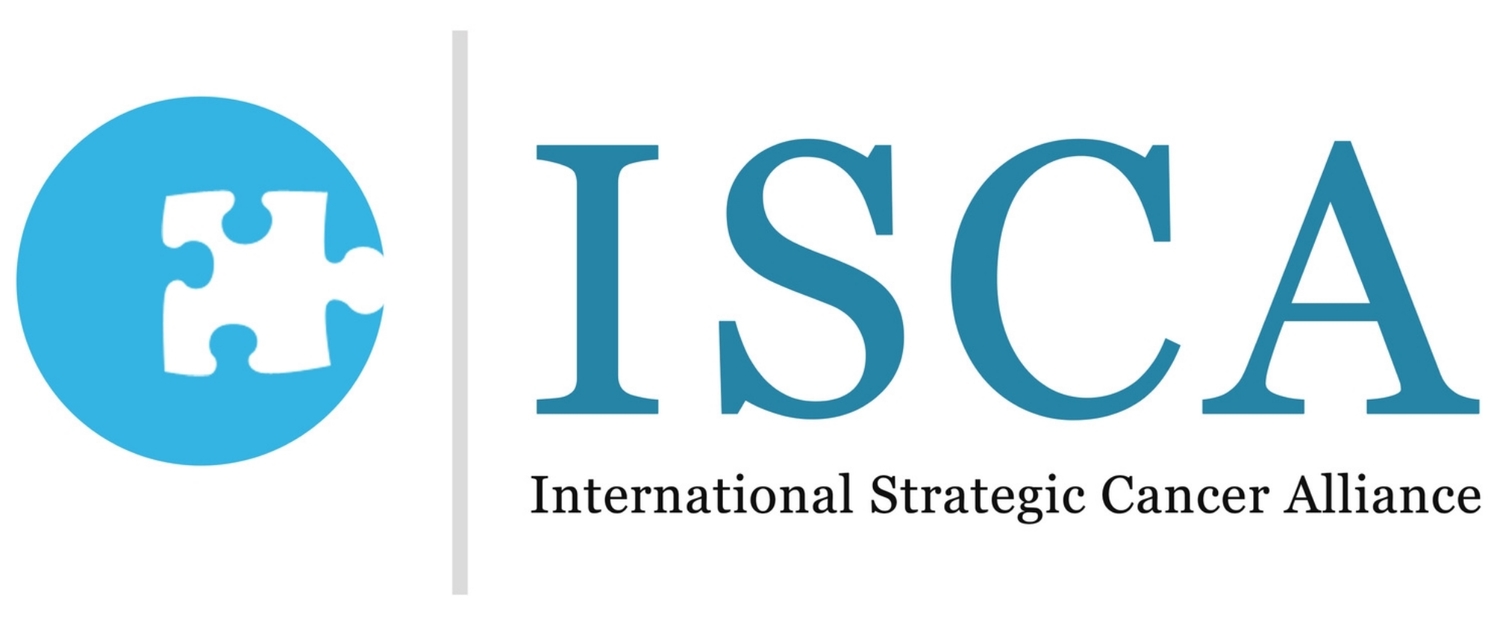A report published online on April 30, 2008 in the journal Breast Cancer Research concluded that the use of aspirin on a daily basis reduced the risk of estrogen receptor-positive breast cancer, which makes up 75 percent of breast cancer cases. These cancers have receptors on their surface for female hormone estrogen, which fuels the tumors’ growth.
Gretchen L. Gierach and her colleagues at the National Cancer Institute evaluated data from 127,383 women aged 51 to 72 who were enrolled in the National Institutes of Health-AARP Diet and Health Study, which examined the relationship between diet, health-related behaviors and cancer. Questionnaires completed upon enrollment between1995 and 1996 provided information on diet history, demographic characteristics and other data. A second questionnaire completed between 1996 and 1997 collected information concerning medication use, including aspirin and nonaspirin nonsteroidal anti-inflammatory drugs (NSAIDs). Breast cancer cases were identified through cancer registry information through the end of 2003.
Over the period examined, 4,501 women developed breast cancer. Of the invasive breast cancer cases for which estrogen receptor status was available, 1,439 were estrogen receptor positive and 280 estrogen receptor negative. Although NSAID use was not linked to a reduction in overall breast cancer risk, women who reported daily aspirin use had a 16 percent lower risk of estrogen receptor positive breast cancer than women who did not use the drug. There was also a significant reduction in risk in breast cancer in situ (localized cancer) among daily aspirin users.
The study is one of the largest to date to evaluate the association between the type of NSAID used and breast cancer risk by tumor characteristics. The authors remark that the association of a reduction in estrogen receptor-positive breast cancer with aspirin is consistent with aspirin’s ability to permanently inactivate cyclooxygenase-2 (COX-2), which suppresses estrogen synthesis by decreasing aromatase activity, among other pathways of risk reduction. COX-2 is expressed both in situ and invasive breast cancer, and its upregulation may be an early event in carcinogenesis.
“Our results provide support for further evaluating relationships in prospective studies with well-defined measures of NSAID use by NSAID type, by breast cancer stage, and by estrogen receptor status,” the authors conclude.
